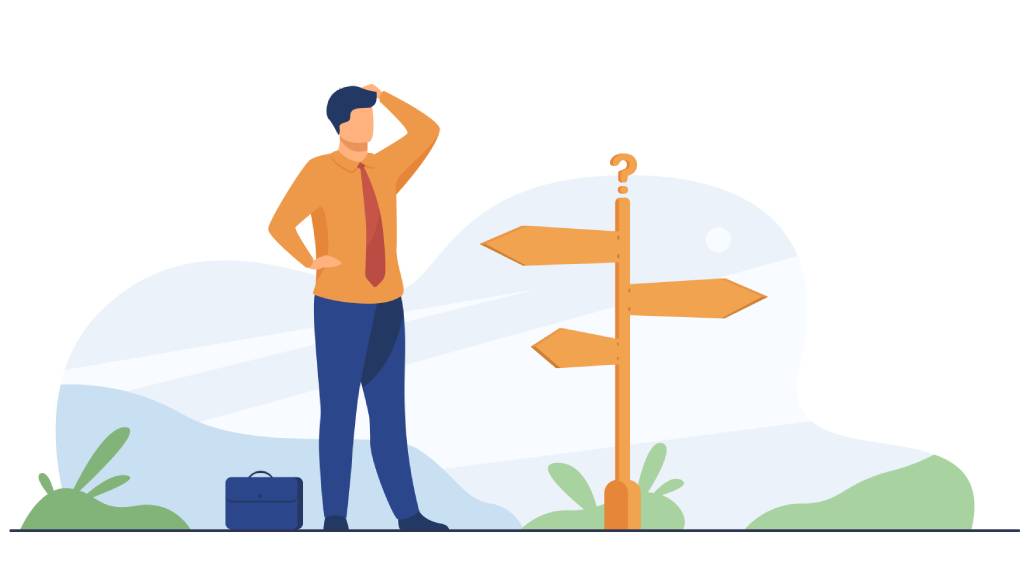We are required to make complex decisions regularly on a day to day basis. We are faced with a number of alternatives, each with its own set of pros and cons. Making the right choice is extremely crucial as it doesn’t only affect the individual but also the other people around. Knowing how to make the right choice in such situations is a fundamental issue & we provide the best counselling in Pune for it. The formal approaches to decision making advocate careful consideration of all alternatives and their attributes before making a choice. Intuitively, sophisticated problem solving requires deliberately, consciously considering the problem before arriving at a conclusion.
However, several recent articles question the effectiveness of conscious deliberation in complex decision making. A number of recent researches by the famous psychologist in India have found out the role of unconscious decision making. In one of the studies the participants are presented with several objects described by clear positive and negative attributes. Following the presentation of the attributes, they are assigned to one of three decision modes. In the immediate situation, they have to choose the best option without thinking any further. In the distraction condition, they are prevented from making their decision for a few minutes by engaging in a distracting activity (e.g., solving anagrams), while in the deliberation condition, they have to think carefully about their decision for the same amount of time. Initial results revealed that, when faced with such a complex decision with lots of relevant information, participants were more likely to choose the best option after a distraction than after a deliberation period or immediately after an information presentation. This effect was termed the “unconscious thought effect” because unconscious processing of decision information is assumed to occur during the distraction period.
Although the unconscious thought effect was replicated several times, many other studies have failed to find any significant difference between decision modes, and a few have even found better performance in the deliberation condition. These discrepancies suggest that there might be moderators of the condition.
In another study, published in Nature Neuroscience, participants could freely decide if they wanted to press a button with their left or right hand. They were free to make this decision whenever they wanted, but had to remember at which time they felt they had made up their mind. The aim of the experiment was to find out what happens in the brain in the period just before the person felt the decision was made. The researchers found that it was possible to predict from brain signals which option participants would take up to seven seconds before they consciously made their decision. Normally researchers look at what happens when the decision is made, but not at what happens several seconds before. The fact that decisions can be predicted so long before they are made is an astonishing finding.
However, the study does not finally rule out free will, but it is not known yet where the final decision is made. This needs to be further investigated and whether a decision prepared by these brain areas can still be reversed needs to be assessed as well.

